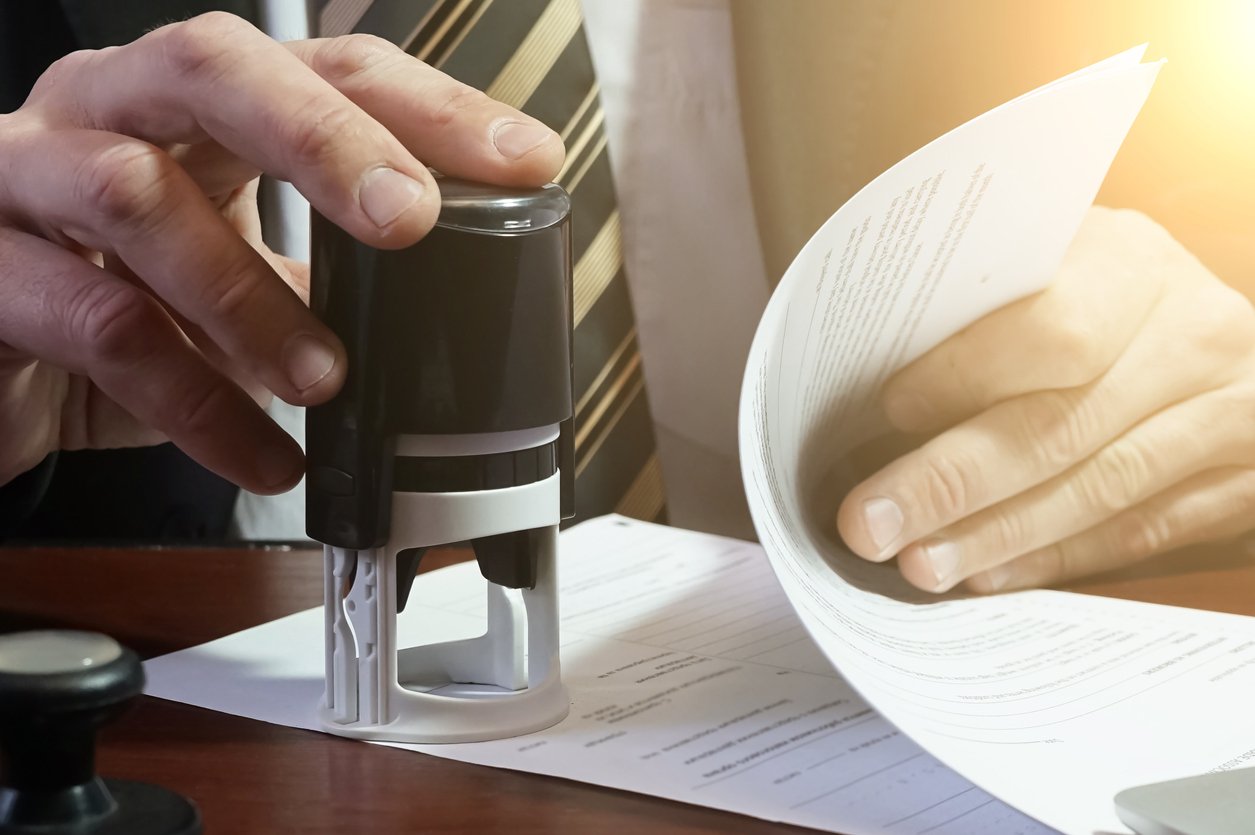In recent years global manufacturing has been centred in China. Even though many legitimate brand owners manufacture their products in China and export them worldwide, China produces many counterfeit goods and is a source of counterfeit products.
To prevent infringement of IP rights in China, the China customs plays a more important role in China’s IP protection regime and IP enforcement.
What then is the role of the Chinese customs authorities? Within their legal framework, China customs authorities can stop shipments, customs protection of intellectual property rights is also a too to effectively combat counterfeit goods coming from China.
Table of Contents
ToggleIP rights and the General Administration of Customs China (GACC)
Many foreign companies are unaware that Chinese customs officials can inspect and seize imports and exports based on IP infringement in the Chinese market. Chinese customs can examine suspected infringement, seize infringing items, for example, trademark infringement, and fine those who violate intellectual property rights of you as a brand owner.
Customs officials will initiate a further investigation and criminal proceedings against the infringer if an intellectual property infringement exceeds a specific threshold.
General Administration of Customs China (GACC) can record IP rights following customs IP regulations. GAC registration is not required for local customs enforcement of IP rights. However, businesses producing products that often move into and out of Mainland China may benefit from GAC registration. If IP rights are registered with customs, they can detain products suspected of infringing.
Customs offices are more proactive when IP rights are registered with the GACC. This record makes it easier to check whether imported goods are authentic or counterfeit. IP rights can also be enforced more quickly when they are registered with the GACC.
What can be protected?
IPR owners in China can register patents on inventions, utility models, designs, and copyrights. A separate application must be filed for each IP right. Owners of trademarks, for example, must file individual applications for each trademark within each trademark class in China. IP registration records at GACC are currently free.
Owners of IP will be able to communicate with customs officials to identify infringements, which could be particularly helpful when attempting to enforce patents. We advise IP owners and brand owners to take advantage of opportunities to build deeper relationships with customs officials in order to make the most of this protection tool in China.

What information do the customs need to record your intellectual property?
For customs officials to record your IP, you as a rights holder should provide copies of your company’s registration certificates for your patents and trademarks in Chinese. The right holder should share photos of the goods and their packaging and information about related licences.
Customs authorities will make a swift judgment regarding your goods if you provide a detailed description of your goods. Take photographs and provide samples of your goods to spot counterfeits quickly.
Once the GACC receives all the required documentation, it will decide within 30 days whether to record the disputed IP rights. The record of IP rights is valid for the lifetime of the IP right or a maximum of 10 years if the GACC approves the proposal. A request for renewal can be made six months before the record expires.
Border protection: Share information about infringing goods.
Customs officials will often request that you or your representatives attend training meetings so infringing goods won’t pass through Chinese customs.
It is also possible to register information about infringers you independently gathered, such as company names, contact information, etc. If you are aware of specific deliveries of goods infringing on your IP rights, you should contact customs. This way will make it easier for officials to detect and investigate those shipments.
By documenting your IP rights at Chinese customs, you prevent infringing products from being imported or exported, as well as fake goods from entering the international market. Because of the recording process, Customs has the authority to intervene if they suspect this will happen.
Customs actions: Implementing customs enforcement
In cases where customs officials believe that goods infringe intellectual property rights, they will ask the consignee or consignor to declare the goods’ status and the IP rights in question.
What if you are the owner of the suspected infringing goods? The authorities will stop the shipment and inform you immediately if you do not provide a declaration. A three-day period then applies for the goods to be confiscated. Customs must already be aware of the right to facilitate this process.
Within six months, customs officials will determine whether the items infringe on IP rights and then decide whether to destroy the goods. Consignors and consignees may also be fined, and the cases can be taken to Chinese courts as other criminal cases and criminal investigations will be started.
Concluding remarks: Better protection for you as an IP owner
In China, customs officers can stop shipments for suspected goods and IP violations by themselves or request that shipments be stopped on behalf of IP owners. IP owners should register their IP rights with customs to increase the chances of customs officials monitoring and intercepting infringements.
Recording IP at Chinese customs is a quick, easy, and effective way for combating infringers. The main reason for this is that the active protection you get when recoding IP at Chinese customs is an important step if you want copyright protection, protection of your trademark rights or patent rights.
Do you need any legal help in China?
If you need help protecting your trademarks, copyright and patents and other legal help in China, please contact us here. We also offer background checks of Chinese companies, verifications of NDAs and contracts in China etc.









